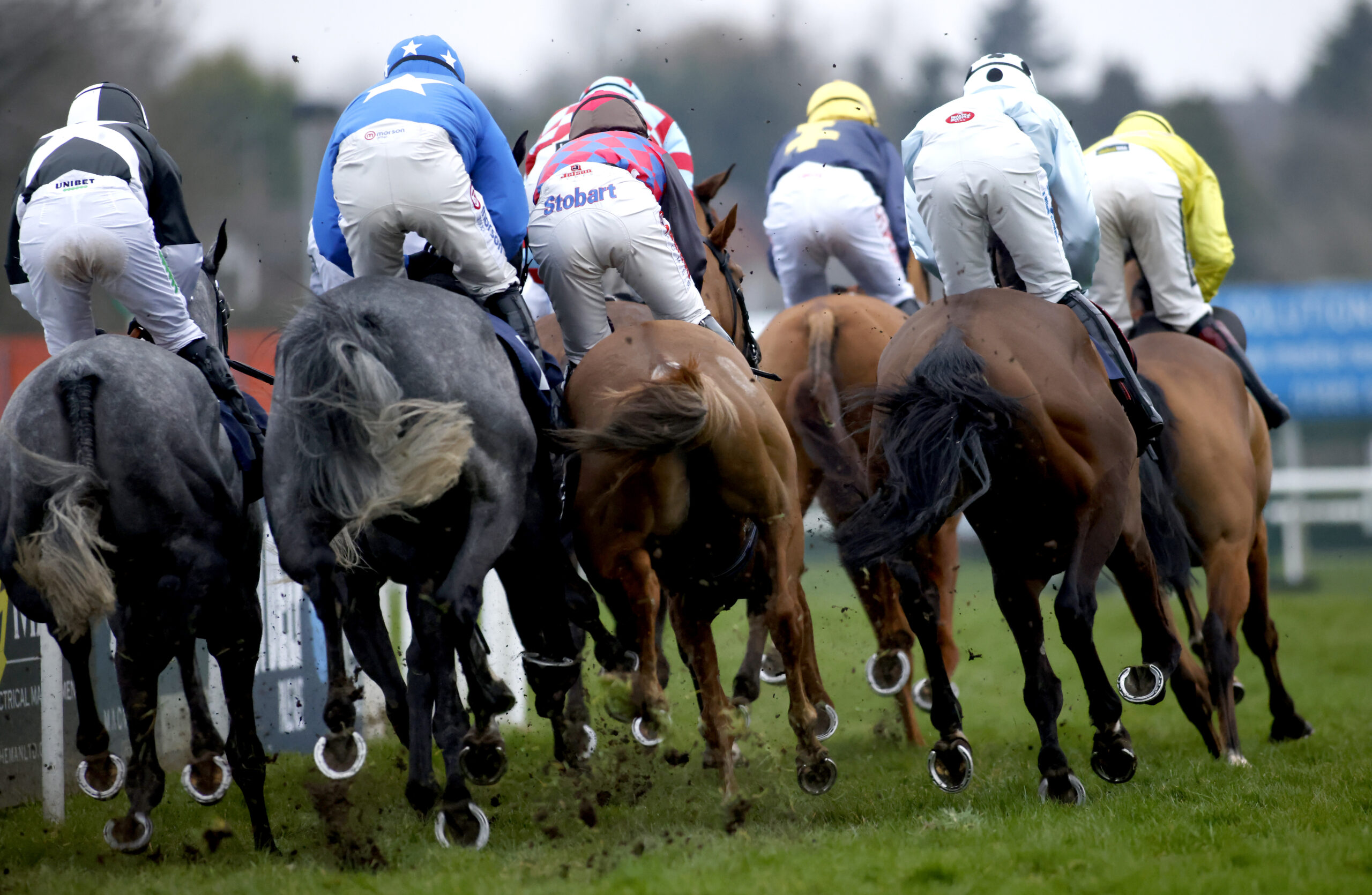

The Irish Horseracing Regulatory Board (IHRB) and British Horseracing Authority (BHA) are pleased to announce a new equine anti-doping & medication control initiative, underpinning their common commitment to the regulation of medicine use and zero tolerance of doping in horseracing on both sides of the Irish Sea.
Out of Competition Testing (OOCT) is a critical component of an effective, modern anti-doping strategy in sport. Both jurisdictions have increased OOCT in recent years, increasing access to and testing of Thoroughbreds at all stages of their careers. Building on this and reflecting their shared focus on participant safety and wellbeing, and the integrity of horseracing, the IHRB and BHA are now formally conducting joint OOCT operations across both jurisdictions. These inspections commenced this week with almost 250 samples taken from more than 120 horses that are entered for the upcoming Cheltenham Festival in an operation across 14 training premises in Ireland over the last two days, which saw the Head of Equine Regulation, Safety and Welfare and a Senior Veterinary Officer from the BHA join forces with the IHRB’s Deputy Heads of Veterinary Operations and Policy and other IHRB Authorised Officers.
The IHRB and BHA have agreed that when working jointly in Ireland, they will be operating under IHRB Standard Operating Procedures, and all samples will be considered as IHRB samples. When IHRB Veterinary Officers operate in Britain, it will be under BHA protocols and BHA jurisdiction. In both instances, there will be transparent exchange of any adverse results or screening findings that arise from these tests, with all samples being tested by LGC Laboratory, one of six laboratories worldwide which is recognised as a referenced laboratory by the International Federation of Horseracing Authorities.
Dr Lynn Hillyer, Chief Veterinary Officer for the IHRB commented: “The IHRB Strategy 2024-2027 commits us to close engagement with international horseracing bodies and benchmarking ourselves against best international practice. This new venture shows stakeholders and the racing public that we collaborate as professionals across both sides of the Irish Sea, sharing best practice and resources and demonstrating equally stringent regulatory processes and standards to the extent that our anti-doping and medication control programmes are interoperable.
“We are delighted to be collaborating with our BHA colleagues in this way and see it as a positive step forward that reinforces the point that there is no room for anything other than the highest standards of integrity and welfare in either jurisdiction.”
James Given, Director of Equine Regulation, Safety and Welfare said: “The BHA welcomes the collaboration with the IHRB to demonstrate to stakeholders and the public that horses running from either side of the Irish sea in each other’s races do so under the same level of scrutiny.
“Not only will our Medication Control and Anti-Doping (MCAD) team have access to more information about visiting horses, but there will be opportunities for our wider team to share ideas and best practice in other areas of our work.
“Like the IHRB, this is aligned with our aims around international collaboration, the response to racecourse accidents and the overall improvement of equine safety and welfare.”
